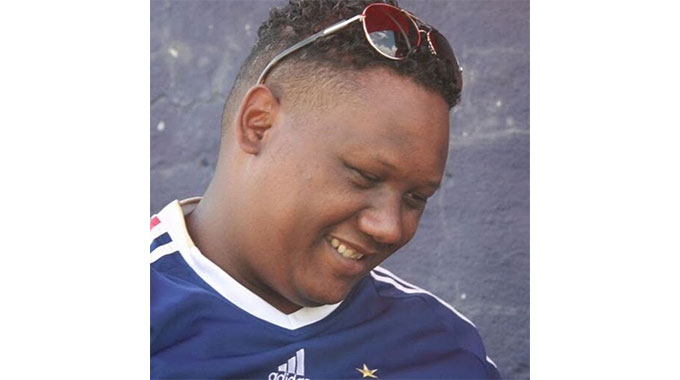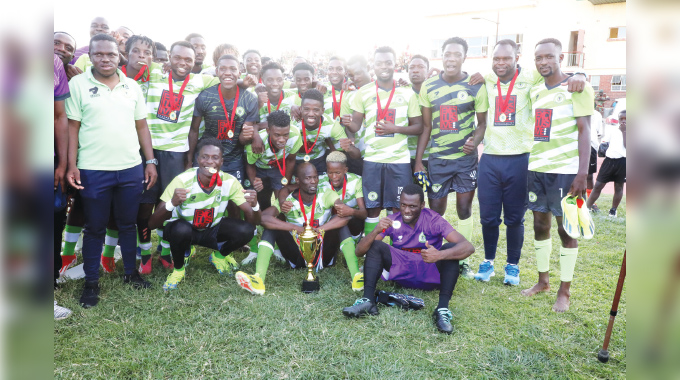JOSHUA NKOMO: A Visionary who saw beyond tribal lines

Sikhumbuzo Moyo, Senior Reporter
BEFORE Highlanders and Zimbabwe Saints there was Matabeleland Highlanders and Mashonaland United, two teams that were based in Bulawayo whose support base was largely determined by the language one spoke.
One visionary man saw well beyond tribal lines and asked the two clubs to drop their tribal names in 1975 and to instead adopt names bearing some semblance of national character.
It was this larger than life character that again in 1984 saved the situation at Highlanders, who suddenly found themselves without a chairman following the unexpected resignation of Malcom King.
Highlanders members had unsuccessfully tried to bring back Ndumiso Gumede, whom King had served under as vice-chairman before assuming the chairmanship of Bosso.
Gumede was now based in Botswana and their pleas for him to return had fallen on deaf ears.
But it took a simple phone call and Gumede changed his mind.
“He said who did I think I was to say no to what people wanted. I had no option, but to come back and lead Bosso, finishing King’s term,” recalls the veteran administrator Gumede.
The man who ordered name changes to Matabeleland Highlanders and Mashonaland United is a man whom the nation remembers today; the giant who departed on July 1, 1999, the late Vice-President of Zimbabwe, Joshua Mqabuko Nyongolo Nkomo.
In March 1975, the late VP Nkomo invited former Bulawayo Town Clerk Mike Ndubiwa and Jimmy Ncube, and instructed them to drop the name Matabeleland so that the team could simply be known as Highlanders.
He also met Mashonaland United leaders and advised them to come up with another name and Zimbabwe Saints was born.
Prior to that, there had been a number of violent clashes along tribal lines between the two Bulawayo teams and the late Vice-President was extremely disturbed because to him unity was important regardless of one’s religious or tribal background.
As the nation marks 21 years since the death of this giant, it is important for the football community to honour the man also known as Father Zimbabwe for his uniting spirit.
It is unfortunate that a football tournament that was aimed at celebrating the life of Umdala Wethu failed to see the light of day in 2015 after Bosso refused to take part on the basis that it was cleared late by Zifa.
Highlanders were meant to clash with bitter rivals Dynamos in the two-legged Joshua Nkomo Legacy Cup.
However, Bosso argued that their players had been released and it would therefore be hard for them to arrange a full team in time for the match.
“We received the clearances today and now we have only one day to call all the players from wherever they are to come to camp and then prepare to travel to Harare for that proposed game, surely this does not make sense at all. It’s very inconvenient and as Highlanders our position is clear, we are not going there to play that match.
“We have told the organisers that their clearances came late and that if they want the match to be played, they should look for another team,” then Bosso chief executive officer Gumede told the media.
The organisers then pushed the tournament to the following year in 2016, but again, nothing materialised.
As a befitting tribute to the legacy of the late Father Zimbabwe, football authorities must surely organise an annual tournament in his honour and these include Highlanders and Zimbabwe Saints, whose identity now can be attributed to Umdala Wethu.











Comments